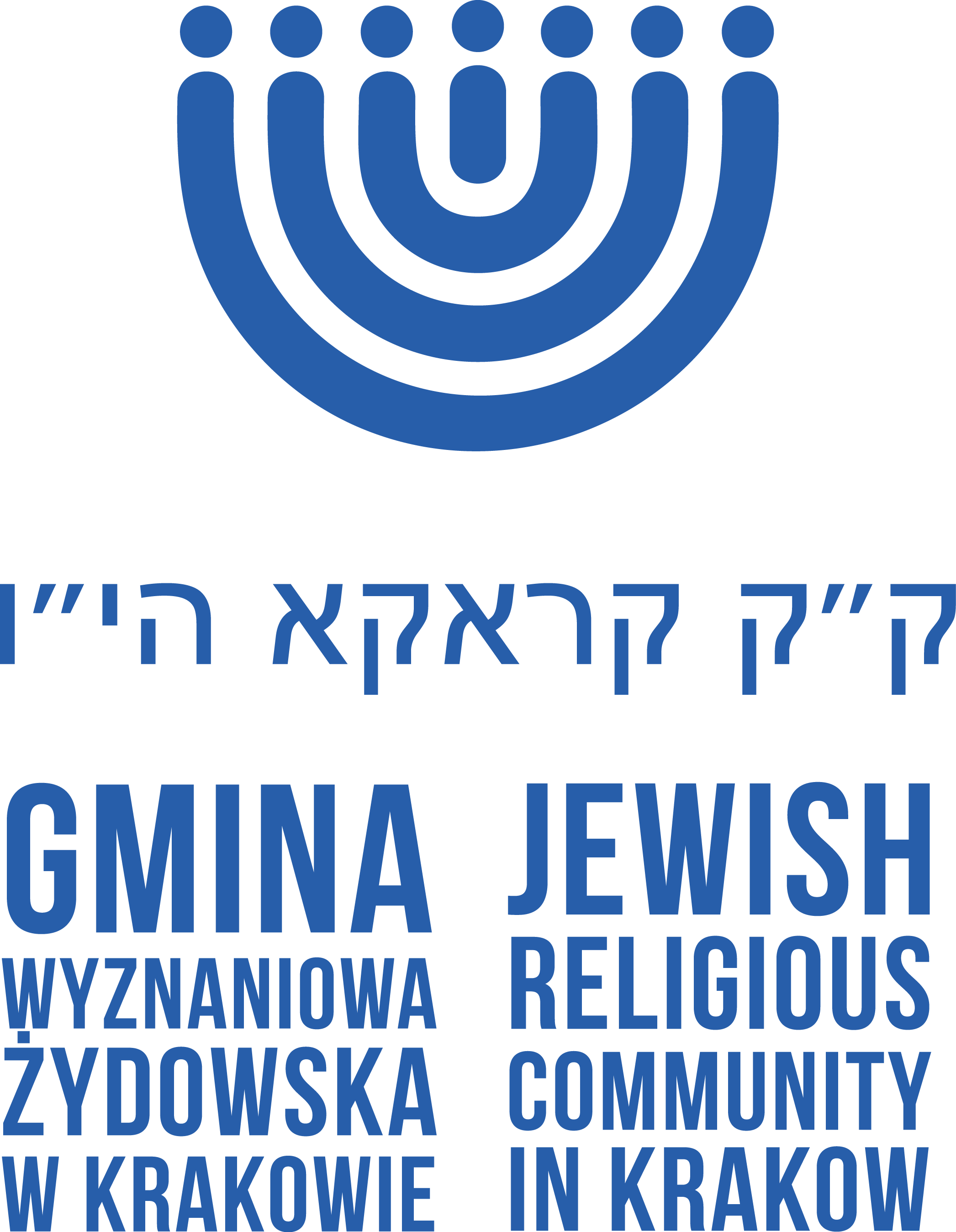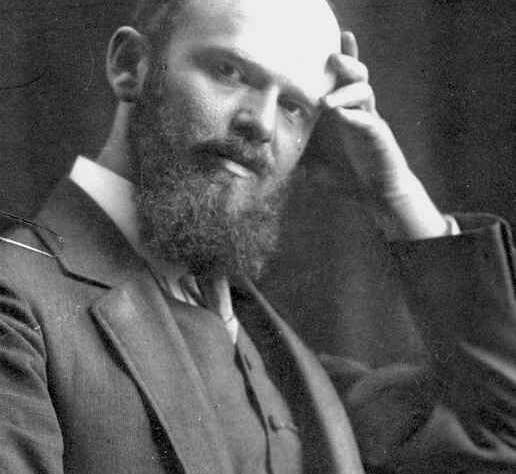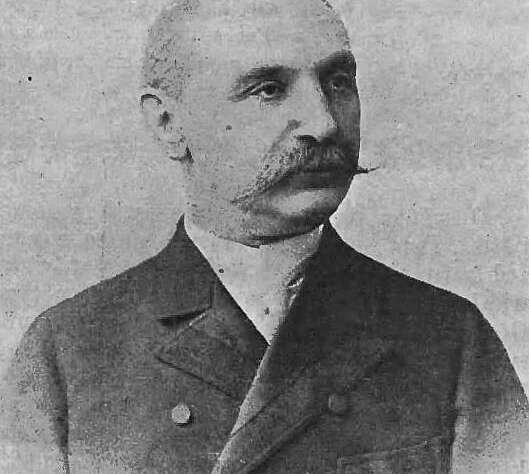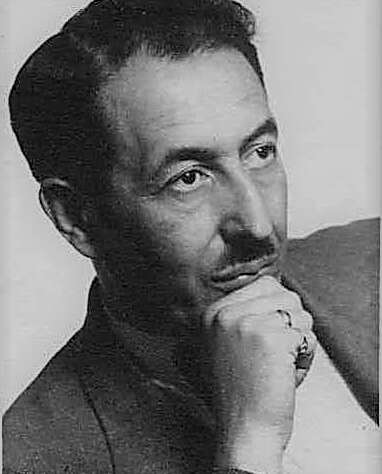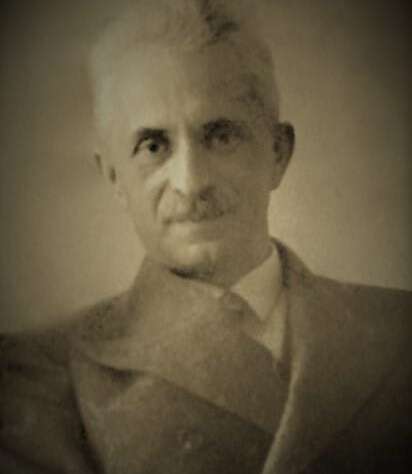BS”D 13 Av 5781 On 21 July 1909 the Sports Club Maccabi Kraków was founded in order to “improve the physical strength of the Jews”. In 1932 it had 17 sports sections with 1018 members. It had its own stadium and after the war it was taken over by the Nadwiślan Kraków club. The club grew very quickly. The men’s handball section was, in the same year, vice-champion of Kraków and kept that place for two years. The volleyball section was third in the 1929 Kraków championship. The basketball section was second in 1930. The table tennis section was champion in 1932. The light athletics section was also successful and its Maryla Freiwald was champion of Poland in three specialties. The hockey and skating sections had the…
BS”D 10 Av 5781 Filip Pinkus Eisenberg, who became a physician and a bacteriologist, was born in Kraków on 19 July (NB possibly in August) 1876, the son of Abraham and Esther. He studied medicine in Kraków and Vienna. In 1901-02 he was an Assistant in the Faculty of Hygiene in the Jagiellonian University (UJ), having worked in the Pasteur Institute and in the University of Wrocław. During the War against Russia he directed the army hospital for infectious diseases in Warsaw (1919-20). He was director of the State bacteriologic institute in Kraków (1933-39). Starting in 1933 he became a corresponding member of the Polish Academy of Sciences. During the Second World War he was in Lvov, where he directed the Department of Microbiology of the Medical…
Arnold Chaim de Porada Rapaport, son of David and Karolina (born Herz) was born on 15 July 1840 in Tarnów. He was a city councillor of Kraków from 1872 to 1881, a member of Parliament from 1876 to 1907 and a member of the State Council from 1879 to 1907 and was involved in several charities. He was a lawyer, an industrialist and a philanthropist. He graduated from the Św. Anna school in Kraków (1858) and in the Faculty of Law of the Jagiellonian University (1862) and defended his doctoral thesis in 1863. He worked as a lawyer in Kraków and Vienna from 1870. He wanted that the Jewish Community of Kraków support Polish autonomy when Poland was not independent. He had influence in important circles and…
BS”D 6 Av 5781 Szymon Feldblum was born in Kraków, the son of Majer and Amalia (born Weber). He was a lawyer and worked for the Jewish Community in Kraków. He graduated from the Św. Jacek secondary school in Kraków on 1900, and then studied Law in the Jagiellonian University (UJ) on 1906. After that he worked for the famous Kraków lawyer, Dr. Ludwik Szalay (1857-1934). After 7 years he became a lawyer. After Dr. Szalay retired, he passed on his office to Szymon Feldblum. He defended his clients with real passion and represented pro bono poor clients. He was the president of the Disciplinary Committee of the Kraków Bar. He died on 28 July 1956 in Tel Aviv and was buried in the Nahalat Yitzhak cemetery…
BS”D 27 Tamuz 5781 On 7 July 1942 Germans murdered around 1250 Jews from Nowy Żmigród. Most Jews stood on plac Bala, following German instructions. 750 were allowed to remain in the city and received a stamp on their documents. Others were sentenced to death, among which older, sick and handicapped people. They were selected based on looks and ordered to move out of the group. Those who were too slow were beaten with truncheons and even bottles. About 1000-1250 Jews were selected and taken to the woods neear Hałbowa and shot. Others were taken to Jasło. The first liquidation of the Rzeszów ghetto also took place on 7 July 1942. That day the Germans murdered about 350 people and made others go through a selection on…
Sara Schenirer was born in Kraków on 3 July 1883. She was the daughter of Betzalel and Róża of the Lach family. She was the founder of the Beis Yakov School System. She grew up very religious and wanted to learn more about the world. Not being able to find such a school, she attended lectures in Polish. She met R. Dr. Moshe Flesch in Vienna and eventually, having talked to her brother and to the Belzer Rebbe, in 1917 she opened a school in her seamstress studio on ul. Katarzyna 1 in Kraków. The school was a great success and seeing that there were not enough teachers for Jewish girls, she opened a teacher’s school on ul. Stanisława 10, where from 120 teachers graduated in 1937.…
Leon Sternbach, son of Józef, was born on 2 July 1864 in Drohobych. He was a professor of classical philology, a specialist in Byzantium and member of the Polish Academy of Science. He attended school in Drohobych, then university in Leipzig and Dresden (1882-3) and in Vienna (1883-5), where he was awarded a doctorate. His post-doctoral research was in Lvov, where he became an assistant professor. However, his professional and scientific life was entwined with the Jagiellonian University (UJ). He became an Extraordinary Professor in 1892 and a Full Professor in 1897. In the Academic year 1904/5 he was the Dean of the Department of Philosophy. In 1893 he joined the Academy of Science, later called Polish Academy of Science. In 1918 he was a doctor, honoris…
Piotr Kruszewski was born on 28 June 1907. He was a singer, recognised as a Just among the Nations in 1992. He lived in Kraków and as a member of the underground resistance during the German occupation in the Second World War he helped those Jews whom he managed to smuggle out of the ghetto. He considered saving the Jews as part of the resistance against the Germans and turned his flat in the outskirts of Kraków as a hiding place for many of them. He also sought hiding places, organised “Aryan” documents, defended them against blackmail and the Gestapo. He could arrange for financial help from Organisations such as the Żegota and the Bund for those Jews who were hiding and sometimes helped them with his…
Joachim Metallmann was born in Kraków on 24 june 1889, the son of Menasse and Regina (born Friedner. He was a philosopher and a professor at the Jagiellonian University (UJ). He studied philosophy and physics from 1907 to 1912 at the same university where he later taught. In 1912 he defended his thesis. He then taught in a few secondary schools and from 1931 at the State Pedagogic Institute in Kraków. In 1932 he was awarded a scholarship in France and in 1933 returned to Poland and started an assistant professor, teaching at the UJ and at the pedagogic institute in Katowice. On 6 November 1939, within the “Action against University Professors” (German: Aktion gegen Universitäts-Professoren), known also as the “Special Action of Kraków” (German: Sonderaktion Krakau),…
Jakub Stendig, son of Anschel, was born on 17 June 1891. He was an architect from Kraków (buildings at Wietora 7, Komorowskiego 5, Karłowicza 13 and Metalowców 3). He graduated from the Department of Construction in the Industrial School of Kraków in 1915. He also studied in the Department of Architecture in the Academy of Fine Arts in Kraków becoming a fully authorised Construction Manager (koncesjonowany budowniczy) in 1931. Right after the beginning of the war the Community had him lead the building department. Jakub Stendig, out of his own will, tried to save the artefacts from the synagogues. He collected objects and documents and then he catalogued them, among which many liturgical implements, including 150 torah scrolls. Thanks to his efforts, he was allowed to take…
